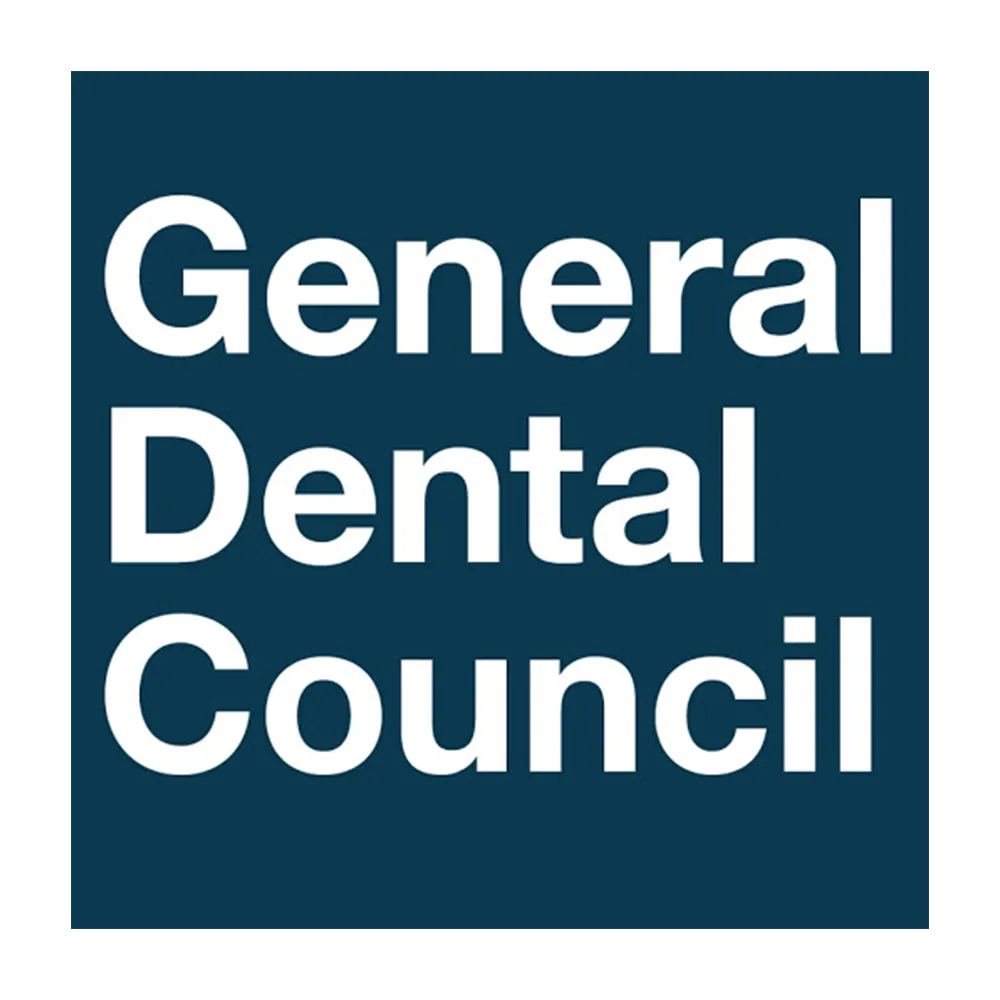Guy’s Campus
Located near London Bridge, Guy’s Campus offers a dynamic yet focused environment, ideal for health and science students. Offering cutting-edge labs and a close-knit academic community, at the heart of one of London’s most vibrant and historic areas.




